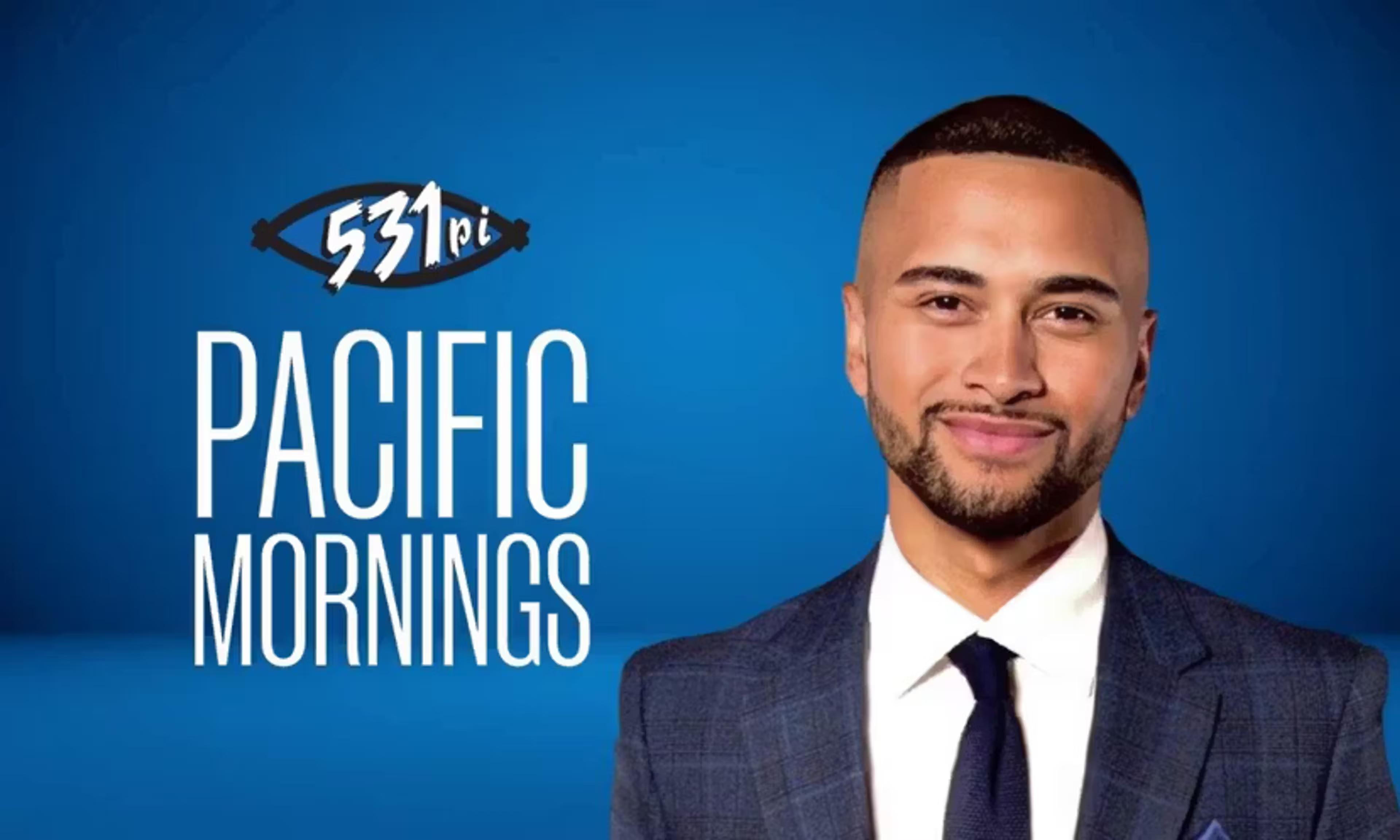

Photo/Women in Sport Aotearoa
NZ youth programme fosters women in sport leadership and Pacific community connection
The three-week initiative focuses on mentorship and cultural exchange, empowering participants to champion gender equity in sports.


‘Words have power’: Pacific tolerance for on-air slurs hits record low



Niue PM calls for Realm leaders to discuss constitutional ties

‘Words have power’: Pacific tolerance for on-air slurs hits record low


The recent Young Pacific Leaders Women's Sports Programme started its second group in Aotearoa New Zealand, with 13 women from different regional countries participating.
The three-week programme aimed to empower emerging female leaders from the Pacific Islands in sports and physical activity. It focused on mentorship and cultural exchange, providing growth and learning opportunities.
Held in Auckland last month and supported by the US Embassy, the programme emphasised the importance of connecting to build leadership skills and promote equity in sports.
In an interview with Pacific Days' host Nemai Tagicakibau, participants Debbie Melsul and Tania Kalsakau from Vanuatu shared their sports experiences and roles in community volunteering.
Melsul spoke about how the programme has positively influenced her personal and professional development, highlighting the value of connecting with other Pacific women.
She was excited about learning more about leadership and community involvement.
"My mom and my dad are both from the island of Pentecost. It's well known for land diving. I play netball and basketball, but I do a lot of volunteering work in netball," she says.
Melsul, who also teaches biology and chemistry at the University of the South Pacific's Amalus Campus in Port Vila, thanked the Pacific Sisters in Sport Aotearoa (Pasifika SiS), Women in Sport Aotearoa (WISPA), and the US Embassy for the opportunity.
"We've learned a lot in terms of personal and professional learning. The first week was mind-blowing. We learned a lot from our Pasifika sisters, Pasifika leaders in the region.
"We connected with women in the Marshall Islands, Federated States of Micronesia, two from the Kingdom of Tonga, two from Fiji and the Solomon Islands, and that's just a few that I can remember now," she says.
"Hearing stories and experiences from our sisters from the Pacific that also do volunteering work in their different sports, in their space, has also given me that strength, that empowerment to continue to make a change, to continue to make a difference in young girls and women back in netball."
Kalsakau talked about the challenges of encouraging women to participate in sports in Vanuatu due to traditional beliefs. She is working on a project to create a supportive environment for women.
"Coming from a traditional background, creating a space just for everyone to be equal in gender is quite hard to empower other women because of the traditional beliefs," she says.
Nicky van den Bos, CEO of WISPA, shared her experiences from the Global Sports Mentoring Programme in the US, highlighting how quickly the participants connected and learned from each other.

Photo/Pasifika Sisters in Sport/Facebook
She believes their insights will greatly influence their leadership back in the communities.
“We are already seeing the powerful impact this programme is having on these women,” van den Bos says in a statement. "The participants build meaningful connections with one another and have embraced the opportunity to learn from both Pacific and Māori perspectives on leadership.
"This will undoubtedly shape their work and leadership back in their communities.”
Candice Apelu Mariner, Co-chair of Pasifika Sisters in Sport (SiS), added, "It’s inspiring to witness these women come together and immediately start applying the principles of leadership, both personal and cultural.
"Their experiences in the programme will equip them to create real, lasting change when they return to their communities. This is more than just an individual journey; it’s about strengthening sports cultures across the Pacific.”
Watch Debbie Melsul and Tanya Kalsakau's full interview below.
Melsul and Kalsakau reflected on their time in Auckland, stressing the importance of focusing on meaningful projects and building community connections to create lasting change in local sports.
Melsul believes that even small initiatives can have a big impact, while Kalsakau noted the strength of their shared Pasifika heritage.
Both women agree that the programme is about more than individual growth - it strengthens sports cultures across the Pacific and inspires women to lead change in their communities.